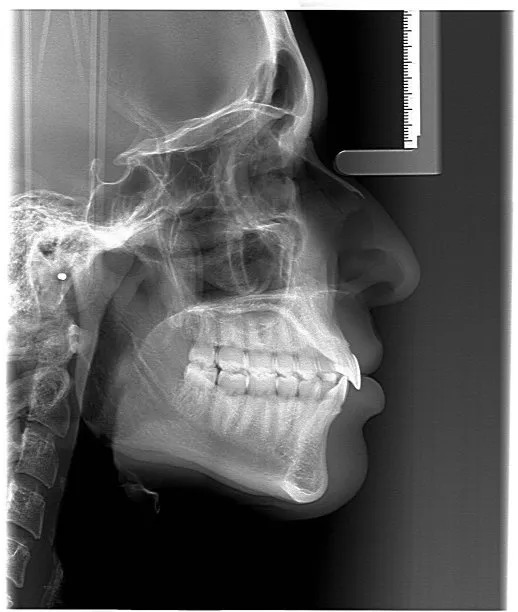Essential Guidelines to Ensure Safe and Effective Root Canal Treatment for Optimal Dental Health Outcomes
Summary: Root canal treatment is a critical procedure for preserving dental health when decay or infection threatens the tooth structure. Ensuring the safety and effectiveness of this treatment requires adherence to essential guidelines. This article provides a comprehensive guide that outlines four key aspects: pre-treatment assessment, clinical procedure protocols, postoperative care, and patient education. Each section emphasizes the significance of meticulous planning, precise execution, and continuous communication with patients. By following these guidelines, dental professionals can enhance treatment outcomes, mitigate risks, and promote optimal oral health for their patients.
1. Thorough Pre-Treatment Assessment

Before any root canal procedure, a comprehensive assessment is crucial to determine the appropriate approach. This includes a detailed clinical examination and necessary diagnostic imaging, such as X-rays, to understand the extent of the infection or decay. This initial evaluation helps in formulating a specific treatment plan tailored to the patients needs.
In addition to assessing the physical condition of the tooth, dentists should also evaluate the patients overall health. Certain medical conditions may affect the safety of root canal therapy, so communicating with the patients physician may be necessary. Understanding these factors can significantly influence the treatment strategy.
Furthermore, patient history plays a vital role in pre-treatment assessment. By reviewing previous dental treatments, allergies, and medications, the dentist can better anticipate potential complications. This thorough groundwork lays the foundation for a successful root canal procedure.
2. Adhering to Clinical Procedure Protocols
During the root canal procedure, adhering to strict clinical protocols is essential for ensuring safety and effectiveness. Proper sterile techniques must be utilized to minimize the risk of infection. This involves the use of sterile instruments, wearing appropriate personal protective equipment, and maintaining a clean working environment.
Moreover, proper anesthesia administration is key to patient comfort and cooperation. Ensuring that the patient is adequately numbed reduces anxiety and allows for a smoother procedure. Dentists should regularly assess the patient’s comfort level throughout the treatment.
Another critical aspect is the systematic cleaning and shaping of the root canals. Utilizing endodontic instruments and irrigation solutions effectively removes bacteria and debris from the canals. Following established guidelines for this process significantly enhances the chances of a favorable outcome.
3. Comprehensive Postoperative Care
Postoperative care is vital to ensure the patient recovers optimally after a root canal procedure. Patients should receive clear instructions regarding any pain management, possible swelling, and signs of complications that may arise post-treatment. This knowledge empowers them to take proactive steps for their recovery.
Regular follow-up appointments are essential to monitor the healing process and confirm that the infected tissue has been successfully eliminated. During these visits, the dentist can also assess the integrity of the tooth and adjust treatment plans if necessary.
Its crucial for dental professionals to encourage patients to maintain excellent oral hygiene practices after the procedure. Brushing, flossing, and regular dental cleanings play integral roles in preserving the health of the treated tooth and preventing future issues.
4. Educating Patients on Dental Care
Patient education is fundamental for achieving optimal oral health outcomes. Enlightening patients about the importance of root canal treatments and the benefits of preserving their natural teeth can alleviate anxiety and foster compliance. When patients understand the process, they are more likely to adhere to recommended follow-up care.
Dentists should also discuss preventative measures relevant to maintaining dental health post-treatment. This includes information on cavity prevention, the role of diet, and the necessity of regular dental check-ups. Empowering patients with knowledge helps them take responsibility for their dental care.
Moreover, incorporating conversations about the importance of seeking prompt dental care at the first signs of pain or discomfort promotes proactive management of potential dental issues. This not only boosts patient health but also helps in reducing the need for more invasive procedures in the future.
Summary:
The guidelines outlined are fundamental for ensuring the safety and effectiveness of root canal treatments. By prioritizing thorough pre-treatment assessments, meticulous clinical procedures, comprehensive postoperative care, and robust patient education, dental professionals can significantly enhance patient satisfaction and health outcomes. A proactive approach in these areas will undoubtedly contribute to optimal dental health.
This article is compiled by Vickong Dental and the content is for reference only.



